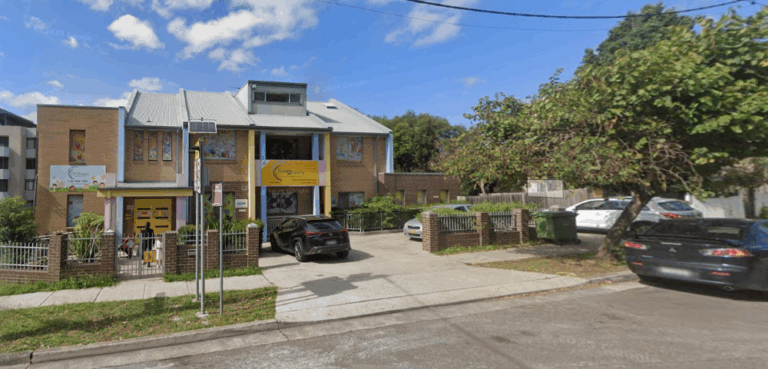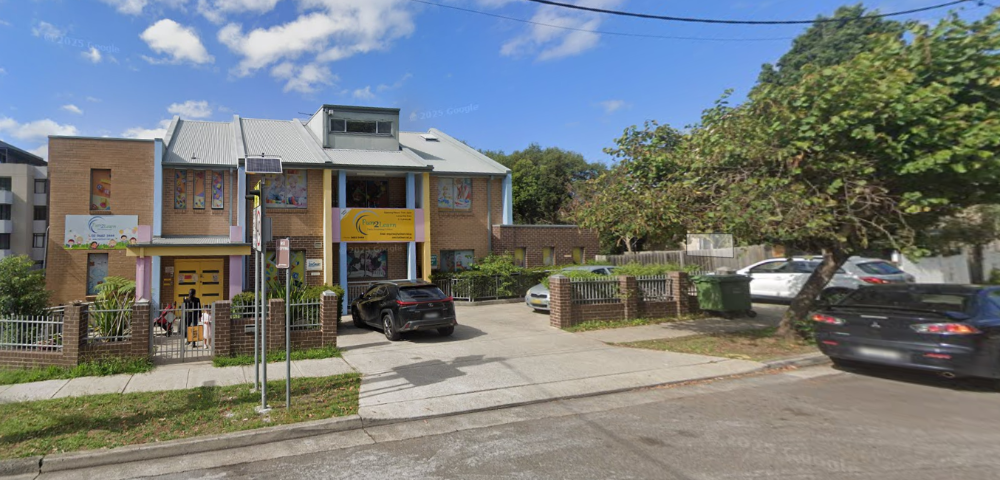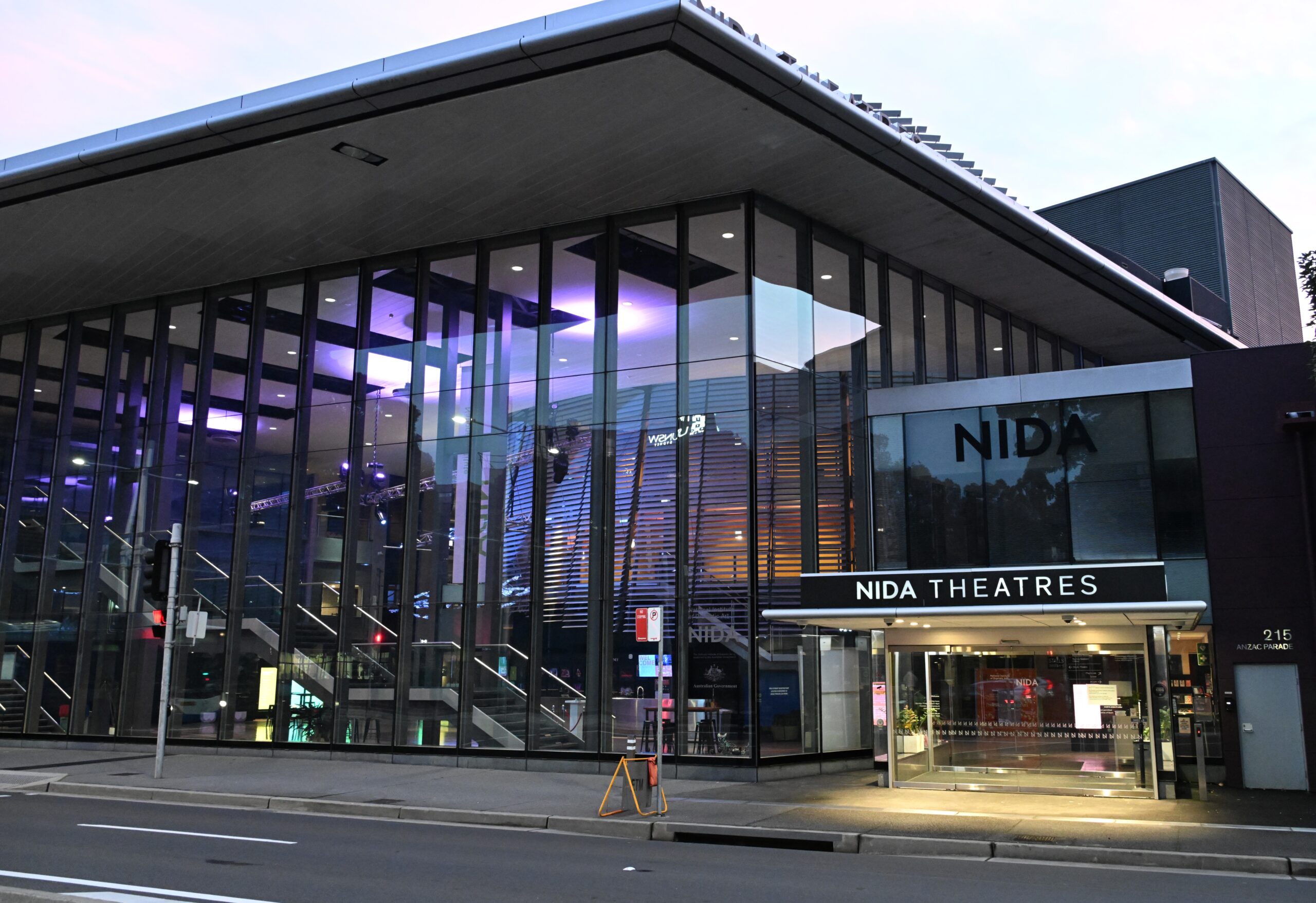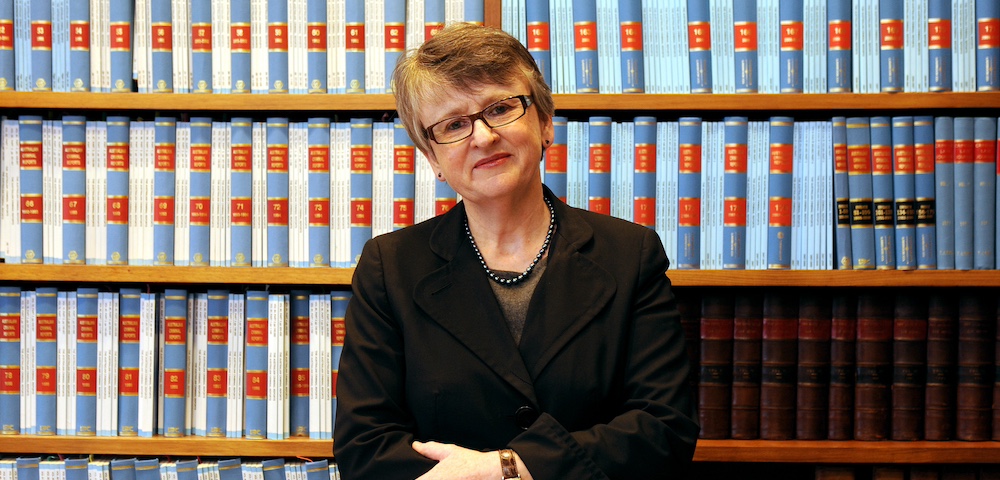
No community vote in Community Improvement Districts

In Part Two of our series on Business and Community Improvement Districts, Wendy Bacon reports on a draft NSW Bill that would give business property owners a special say over how we use our public spaces.
If you heard the term ‘Community Improvement District’ for the first time, you might think that the community would be part of it. But in the case of a draft NSW law called the ‘Community Improvement Districts’ Bill’, you would be wrong. The draft law does not even provide for the community to be consulted.
The draft bill is a plan for a new form of urban governance that would empower a non-profit company of business proper owners to impose a levy on all others within a precinct whether or not they approve of their activities.
The company would make proposals for how to develop public-owned spaces in their precinct. Projects could include hiring cleaning services or extra security to patrol an area, promoting special events including festivals, marketing businesses and events, or sharing data analytics based on credit card use of visitors to an area.
These are key principles in the Community Improvements District Bill which was drafted inside the ‘Smart Places Policy and Engagement in the Cities and Active Transport Division of the Transport for NSW’. Feedback on the bill closed in March with only 25 submissions. No final bill has been produced.
Don’t be surprised if you haven’t heard of the draft bill. Many Councillors and resident groups have not heard about it either. City Hub’s Factiva database search revealed no stories about the bill in the general mainstream media. In other words, silence.
So, the purpose of this second piece in City Hub’s series on Business or Community Improvement Districts (CIDS) is to fill that gap.
Both the LNP and Labor governments support legislation to set up Improvement Districts. The main difference between them is that the LNP called them Business Improvement Districts and Labor changed the name to the softer feeling, and arguably deceptive, Community Improvement Districts (CIDS).
BIDs first appeared in the UK, Canada and the United States about twenty years ago and there are thousands around the world today.
BIDS can result in positive outcomes but they can also divide communities. Research has shown it is more difficult for poor or homeless people to survive in BIDs areas and they can drive up property values and rents, making it harder for smaller less up-market businesses to survive.

Professor of Urban Geography at the University of Sydney Kurt Iveson told City Hub, “Business Improvement Districts have been very controversial in the US and UK where they have been introduced. The interest of elite property owners in managing public space is to enhance the value of their adjacent private property. As a result, people or activities which they consider might impact on their property values become the target of regulations and private security. This is no way to govern public space, which is meant to be there for the public good, not for private profit.”
Iveson’s critique underpins the arguments of many campaigning against BIDs and CIDs in the UK and US but was entirely missing from a Transport for NSW webinar about the proposed law that you can watch here. The forum began with a welcome for the Minister for Roads John Graham. In the enthusiastic discussion of exciting possibilities offered by CIDs that followed, there was almost no discussion of the actual details of the proposed law.

Introducing the Community Improvement District Regulatory Authority
If passed by the NSW parliament, the bill would establish a new government agency called the Community Improvement District Regulatory Authority to approve proposals for Community Improvement Districts.
The CIDs consist of a group of owners of land occupied by businesses within a selected precinct. If a proposal received a tick of approval, the Authority would then organise a ballot of all private owners of land where businesses operate within the precinct boundary. Owners of residential land, small business tenants, and community facilities would not have a vote in the ballot.
The CID would only go ahead if approved in the ballot by a majority of business property owners AND a majority of the total value of business properties. Property owners with more than one property would have one vote for each property while multiple owners of a single property would have only one vote. This would favour large commercial land owners. For example a corporation owning a mall occupied with leased businesses would get one vote but if its property is very valuable, it could outweigh votes of smaller owners nearby.
Levies are the big prize
Once a CID was approved, all business property owners in the precinct would be levied to cover the cost of the CID’s activities. The CID would need to be renewed with a fresh ballot every five years.
Voting is not compulsory. This means that a minority of business property owners could win the right to levy all others. This has often happened in the UK.
The Regulatory Authority would collect the levies. Because the Authority would be cost neutral or ‘user-pays’, the levies would be set at a level that would cover the Authority’s costs.
Business property owners tend to cover increased costs by raising rents so the levies could lead to increased rents for small business renters or even residents in buildings occupied by businesses, despite the fact they would have no vote or even the right to be consulted.
No obligation to consult with community
While the community (residents and community organisations) may be “engaged with”, there will be no obligation to consult with them at any stage in the process.
Before putting forward a proposal, a CID would need to consult with local councils who would have an effective right of veto. CID proposals would need to be supported by a resolution passed by a majority of Councillors in each Council.
The Regulatory Authority would collect the levies. Business owners who failed to pay the levy will pay interest on debts and could be taken to court and ordered to pay the costs of the Authority. This is currently happening to hundreds of businesses in the UK.
Public owners of business premises do have a vote in UK BIDS. The NSW draft bill excludes them. However under the draft bill, Federal, State or NSW governments could contribute to CID projects by paying funds into the Regulatory Authority. This could mean taking funds away from other local council activities such as developing parks and cycleways, maintaining minor roads and footpaths and supporting community arts outside the BIDS precincts.
“There’s a risk that we end up with a kind of archipelago of quasi-public spaces, each of which has different regulations and rules about what activities are prohibited. Public space should be public space – with the same rights and rules applying no matter who we are, and no matter where we are,” says Professor Iveson.
What do Community Improvement Districts do?
In a paper explaining the bill, Transport for NSW presented several case studies. These included New West End which covers 82 streets in London. It focuses on attracting as many customers to the precinct as possible by holding events including for King Charles’ Coronation. Brilliant Brighton in South East England funds extra police and cleaning services and Camden Town Unlimited in London supports a major community initiative in which funds are being raised for Highline. According to its website, it also funded 27 extra police after government cutbacks on police numbers.
City of Sydney opposes draft bill
The City of Sydney is recommending that Transport for NSW does not proceed with the draft bill. Its submission included many criticisms of the Bill including:
- The City of Sydney is opposed to “levying compulsory taxes on landowners to fund the delivery of services beyond those provided by government and does not support mandatory levies on landowners to fund CIDs.”
- By excluding those who actually operate businesses from being ‘constituents’ of BID, the City accuses drafters of the bill of missing “a key purpose of establishing a mechanism for businesses to collaborate.”
- By having a ‘two key’ approval process that takes into account value of property, the bill could lead to a large number of smaller landowners being outvoted by one or two large landowners.
- It is opposed to the lack of any provision for consultation with residents or local businesses and is concerned about long term responsibilities for projects by BIDs that do not survive.
- It does not agree with a Regulatory Authority being dependent on self-funding and is concerned about a lack of transparency about the way the Authority will be managed.
- It is concerned that the bill does not ensure that CIDs are aligned with local council plans and points out that no interventions in public space should be made without local government approval.
- It assumes that lot owners will pass CID levies onto tenants. There would need to be protection for small businesses and social enterprises that could not afford the charge
- The change of names from Business to Community Improvement districts is “misleading” especially because there is no provision for the community to be even consulted. land, who may benefit and/or may be impacted by CID proposals.
- There should be mandatory consultation with residents and community groups and that should occur whenever a BID is renewed.
Several trial BIDS have been set up in NSW without a levy. One of those is the New Sydney Waterfront Company (NSWC) which was founded by some of the biggest commercial players in the Darling Harbour precinct including Lendlease and Star and Crown casinos. It has so far been funded by substantial donations from these and other founding companies supported by seeding grants from the NSW government and the City of Sydney. A BID bill based on property ownershop rather than business operations favours those big companies.
The NSWC has never concealed that one of its purposes is to achieve legislation enabling BIDs to impose levies and become more self-sufficient. That’s why the grants were called “seed funding”. It has worked closely with the NSW government to push ahead with BID legislation for several years. Last year, Minister John Graham used his keynote speech at the NSWC annual summit to announce his plan to release the draft bill in 2023. Then CEO Jace Tyrrell wrote on the company website that he was optimistic that the NSWC BID would be the first formal BID established in NSW. The draft bill provides that existing BIDS may have a quick route to approval.

The City of Sydney opposes compulsory levies which are part of the legislated BID model.Given that the City is part of the NSWC BID’s Government Liaison Group and funds the BID, the City must surely understand that the NSWC is pushing for a law to allow Improvement Districts to impose levies.
This makes the City of Sydney’s continued support for the BID all the more puzzling.
City Hub asked City of Sydney about its funding of the NSWC. In a response, a spokesperson drew our attention to the difference between the model in the proposed bill and the NSWC model: “The …submission is the City of Sydney’s response to the state government’s CID legislation proposal only, as it is important to note that this draft legislation proposes a very different model to that of the New Sydney Waterfront Co. New Sydney Waterfront Co’s model sees businesses voluntarily contributing funds to collaborate on precinct initiatives whereas the state government’s draft legislation is proposing that landowners who are part of an approved CID pay a compulsory levy. That levy would then be used to help fund services, activities or projects set out in the approved CID proposal.”
The NSWC has never made a secret about the fact that it is building a voluntary network so that it is in a strong position to transition to a model that allows it to impose levies. Is there some misunderstanding between the Council and the BID?
BID proposal need more open debate
The NSW government will respond to submissions later in the year. It needs to move beyond selling the concept to a more transparent inclusive debate about who will benefit from the BID model. Its current definition of a CID as a “place-based partnership between local government and the community, led by local businesses, to support and grow local economies, town centres and main streets” smacks of spin rather than explanation.
It also needs to draw from experience in countries where BIDs have become increasingly contested and controversial.
The Guardian recently reported that businesses along the Yorkshire coast are gearing up to fight the renewal of England’s largest Bid, which encompasses 1,300 firms in the area. The Yorkshire BID was first introduced in 2018 following a vote with a turnout of 29%.
Hundreds of business owners refused to pay the levy, with many ending up in court, and by the end of 2021, 800 companies were in arrears. Angry business owners argue that Bids are being created in towns and cities without proper consent, and that there is a lack of clarity about how funds are spent and how much value they add to the local area.
The London School of Economics has noted that research shows that BIDs may play a role in reducing local crime, but they also increase house prices in BID areas, lead to gentrification by discouraging poorer citizens.
This is the sort of research that concerns urban geographers and planners including Profesor Kurt Iverson who says the Community or Business Improvement District model “pushes us further down the path of spatial inequality. We already know in Sydney that wealthy local governments have more resources to design and care for their public spaces, and that the quality and quantity of public spaces across the city is uneven as a consequence. Imagine how much worse this will get if we head down a path where we start letting businesses maintain and police our public spaces – this will make that spatial inequality even worse.”
When restaurants are closing because rents are rising and homelessness is increasing, are BIDs or CIDs or whatever you call them, what we need in NSW? It might suit big commercial property owners but will it suit the rest of us?
Read Part One in our series and an earlier story about the New Sydney Waterfront Co Bid here. Do you have information or experience that you would like to share? Contact Wendy Bacon on X, Facebook messenger, Signal or Linked In.
Wendy Bacon is a retired Professor of Journalism. She has supported the Greens in previous local government elections.









